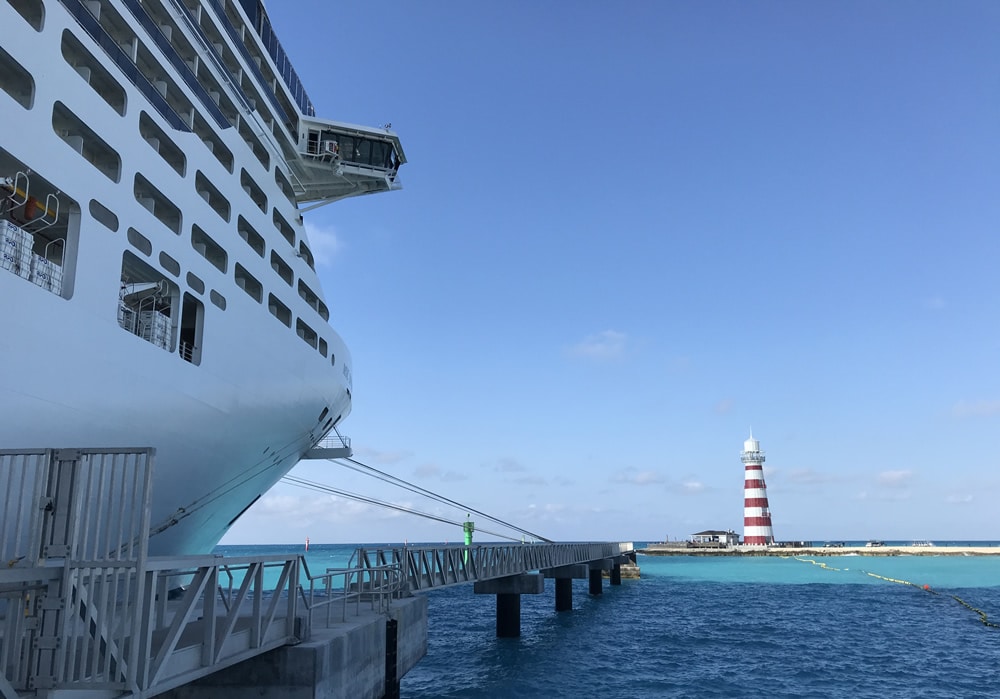

"Valencia," a whirling dance scene, brings the suite to a close with a portrayal of Spanish culture at its liveliest. "Tunis-Nefta" brings the sailors ashore in Northern Africa timpani and pulsing strings provide a hypnotic beat while an oboe imitates the chromatic improvisations of local reed instruments. The Port Call Data Exchange Clause is designed specifically for use with the IMO data model framework for ships that will call at ports where the scheme has. The first movement, "Rome-Palermo," evokes the sights and sounds of these major Italian centers with a melody of appropriate regional flavor. In the span of about 15 minutes, Escales retraces a voyage Ibert himself might have made while he was in the Navy during World War I, cruising the Mediterranean. As a sumptuous, brilliantly orchestrated work depicting sunny climes in perfect postcard music, Ibert's suite follows in the steps of such predecessors as Saint-Saëns' Suite algérienne (1880), Chabrier's España (1883), Debussy's Ibéria (1905-1908), and Ravel's Rapsodie espagnole (1907). Jacques Ibert enjoyed a major sensation when his Escales was premiered in 1924.


 0 kommentar(er)
0 kommentar(er)
